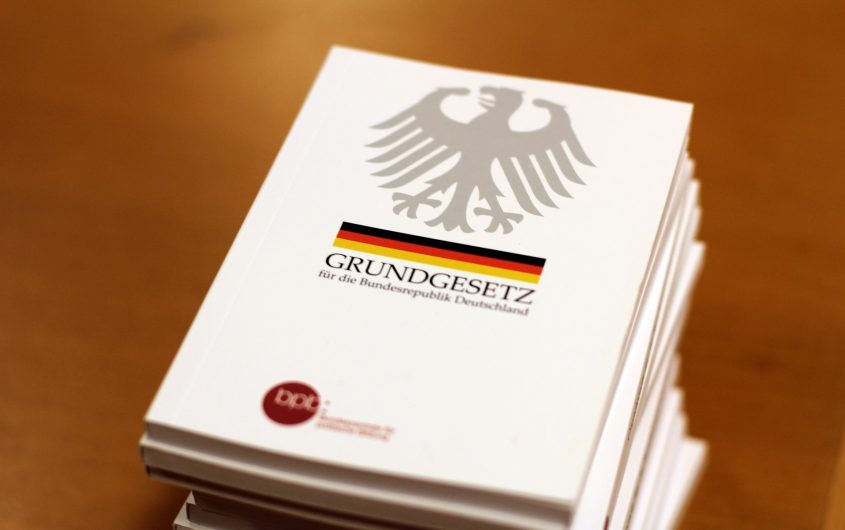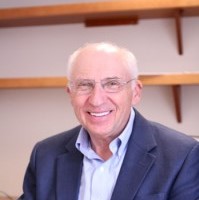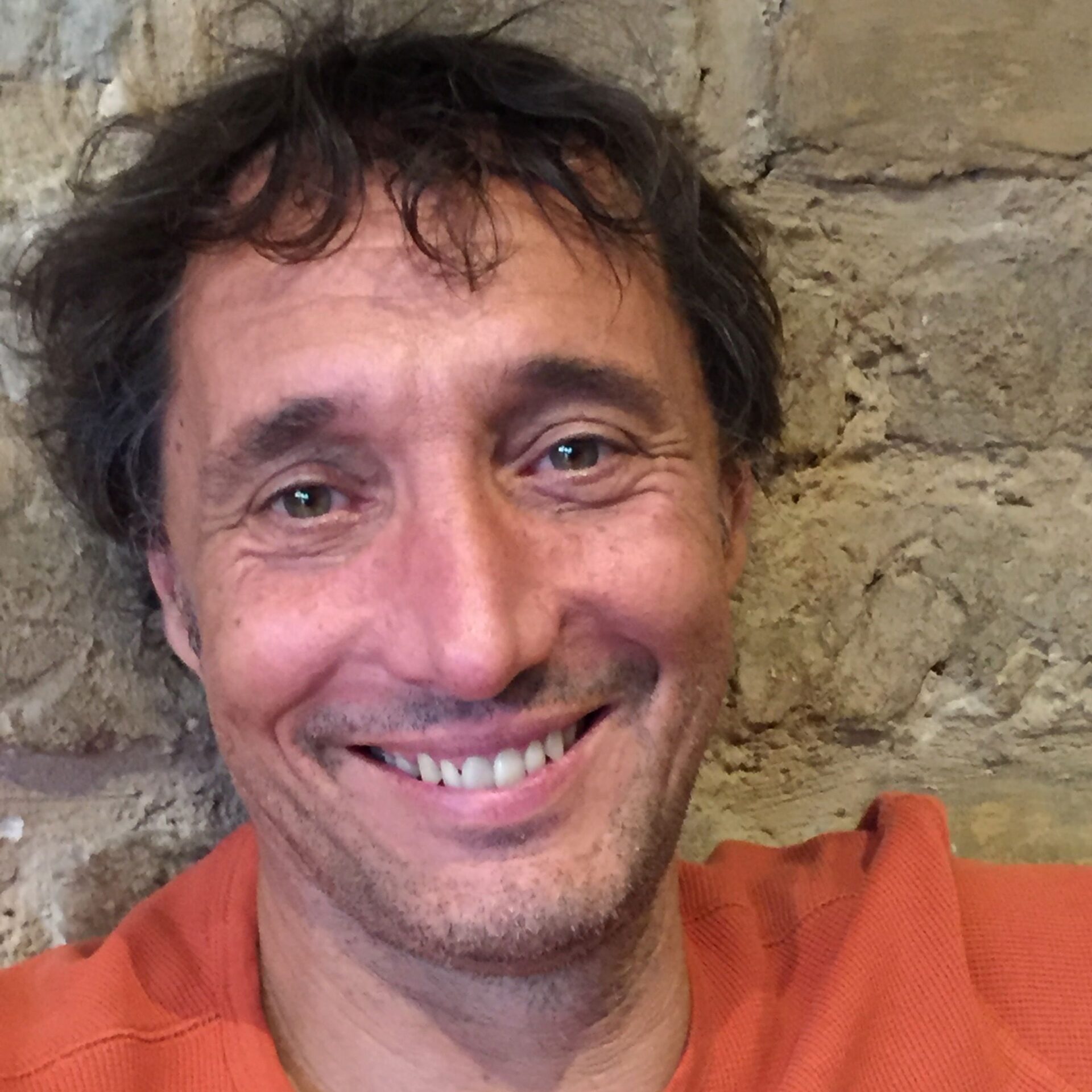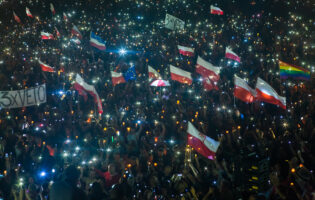
Reflecting on 75 Years of the Federal Republic
Panelists:
Anna von der Goltz, Professor, Department of History and Edmund A. Walsh School of Foreign Service, Georgetown University
Konrad H. Jarausch, Lurcy Professor of European Civilization, The University of North Carolina at Chapel Hill
Helmut Walser-Smith, Martha Rivers Ingram Professor of History, Vanderbilt University
Moderator:
Eric Langenbacher, Senior Fellow and Director of the Society, Culture & Politics Program, AGI
On May 23, 2024, the Federal Republic of Germany will mark the 75th anniversary of its founding in 1949. In light of the extreme regime instability in modern German history, the country’s role in perpetrating two world wars and the crimes of the Holocaust, and the destruction and looming division of the country, few commentators were optimistic about the prospects of the new political system. Yet, by all metrics, the FRG has become the most successful and stable version of Germany in the modern era. Tensions always existed—with the competing communist regimes to the east, particularly the German Democratic Republic; with domestic opposition, especially during the 1960s and 1970s; with the challenge of reunification after 1990, and most recently with the rise of right-wing populism and geopolitical challenges—but the system was able to withstand them.
This event’s discussion will answer questions such as: What are the reasons for the unprecedented success of the FRG? How does this political system relate to historical precursors and cross-national influences? And how has the system been able to deal with the various tensions and how will it fare in the next quarter century?
Dr. Anna von der Goltz
Anna von der Goltz is Professor of German and European History at Georgetown University. Her research focuses on the political and cultural history of twentieth-century Germany. Her work on the Hindenburg myth (the subject of her first book) won the Wiener Library’s Fraenkel Prize in Contemporary History in 2008. Her second book, The Other ’68ers: Student Protest and Christian Democracy in West Germany, was published by Oxford University Press in 2021. She is currently working on a history of political conversions in the twentieth century.
Dr. Konrad H. Jarausch
Konrad H. Jarausch is the Lury Professsor of European Civilization at the University of North Carolina and the past director of the Zentrum für Zeithstorische Forschung in Potsdam/Germany. He is a prize-winning author and editor of about fifty books on German and European history. His latest volumes include Broken Lives: How Ordinary Germans Experienced the Twentieth Century (Princeton, 2018) and Embattled Europe: A Progressive Alternative (Princeton, 2021). A former president of the German Studies Association and Chair of the Conference Group for Central European History, he has taught both in the United States and Germany and mentored about five dozen PhDs.
Dr. Helmut Walser Smith
Helmut Walser Smith is the Martha Rivers Ingram Professor of History at Vanderbilt University and currently NEH Fellow at the Center for Jewish History, New York. His books, which have appeared in five languages, include extensive work on the history of German nationalism, religious conflict, and modern implications of German history today. His current research looks at the post-Holocaust memory culture of small towns and villages in Germany that resulted from the engagement of both Germans and Jews, sometimes working together, sometimes apart. Smith’s research has been supported by the NEH, the DAAD, the Volkswagen Foundation, the Humboldt Foundation, the American Academy in Berlin, and the John Simon Guggenheim Memorial Foundation.
This event is supported with funds from The Harry and Helen Gray Humanities Program.







